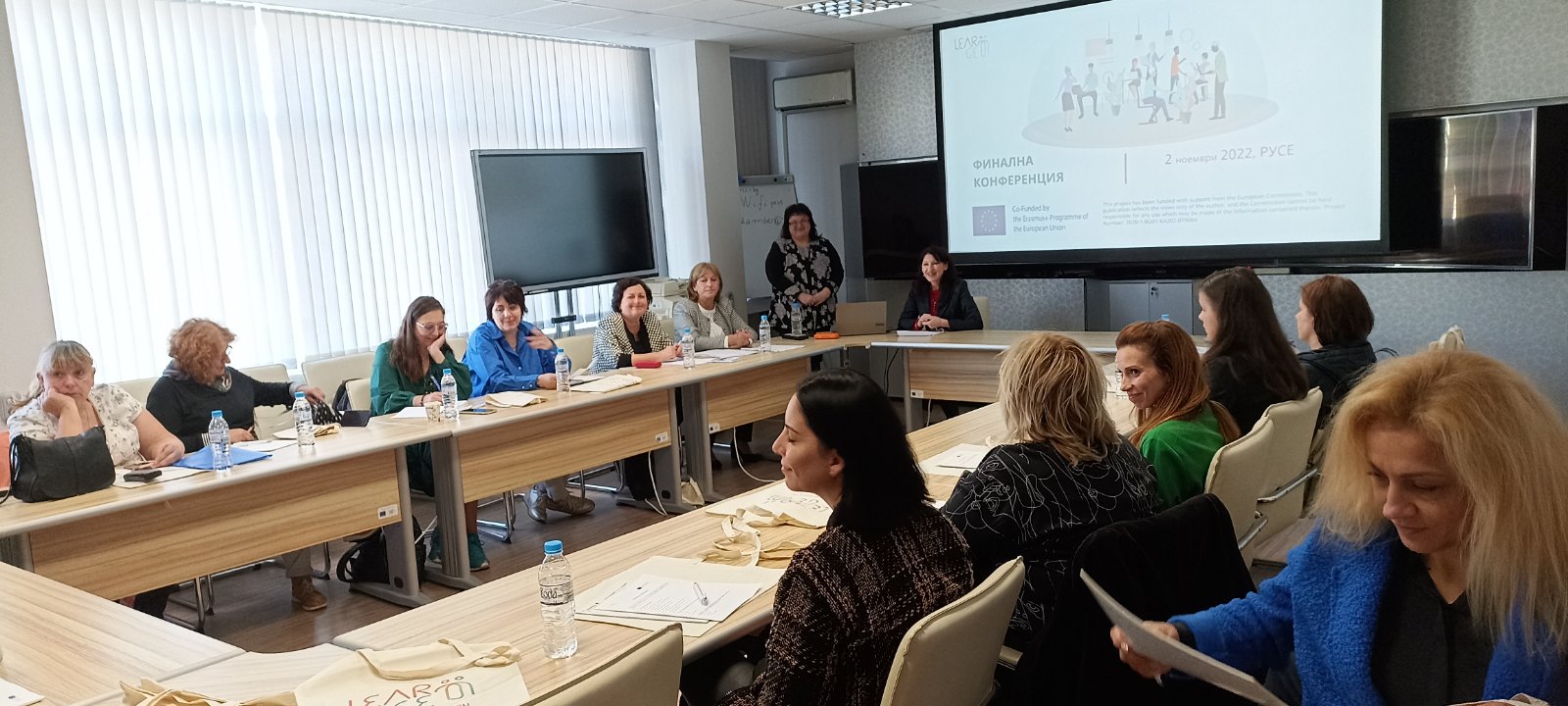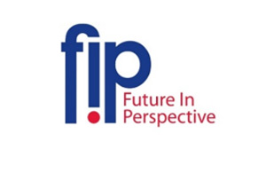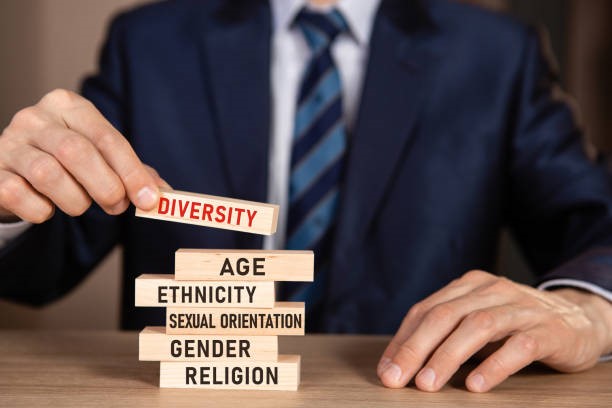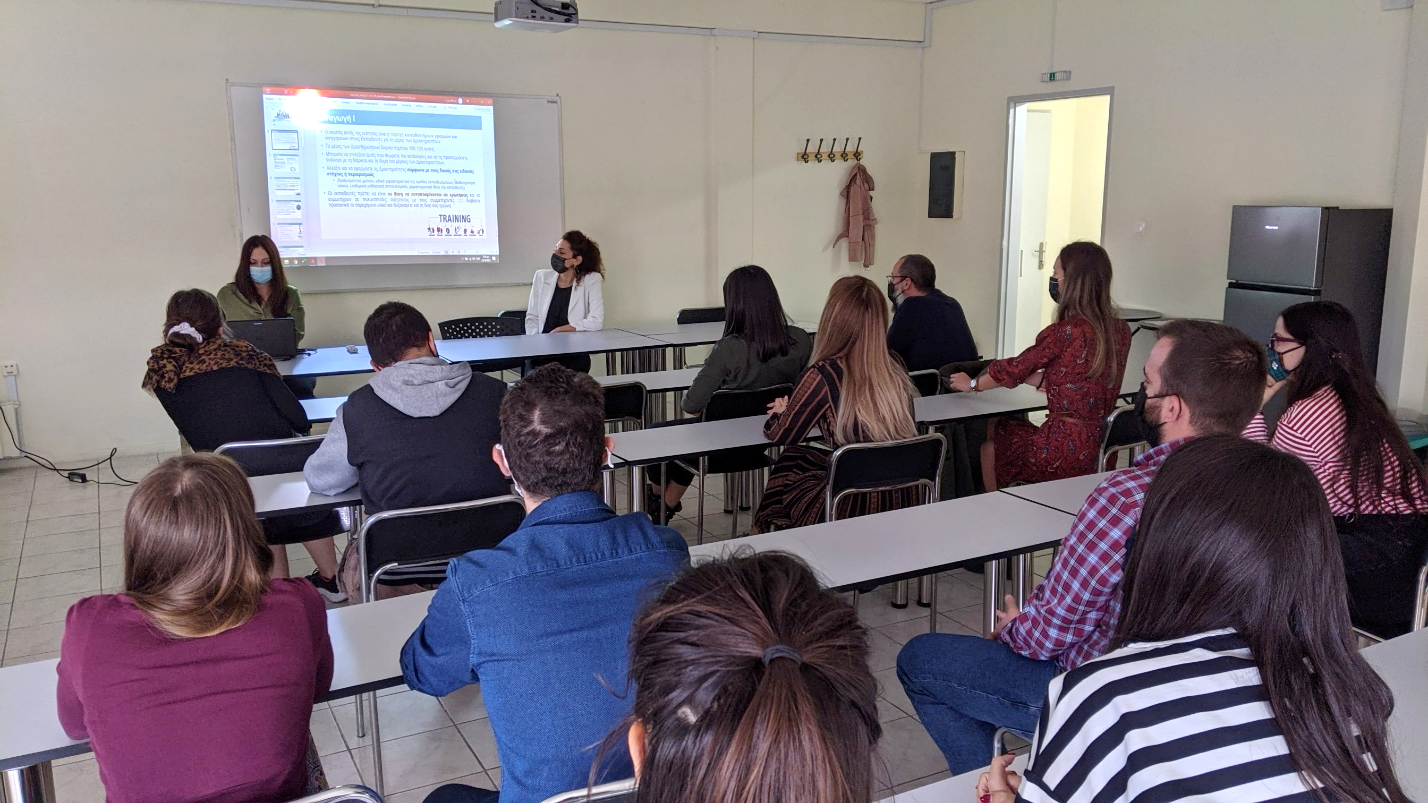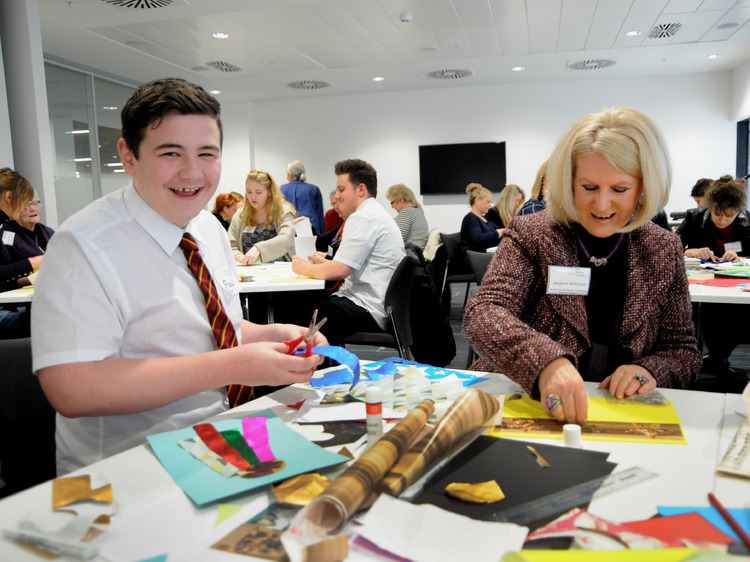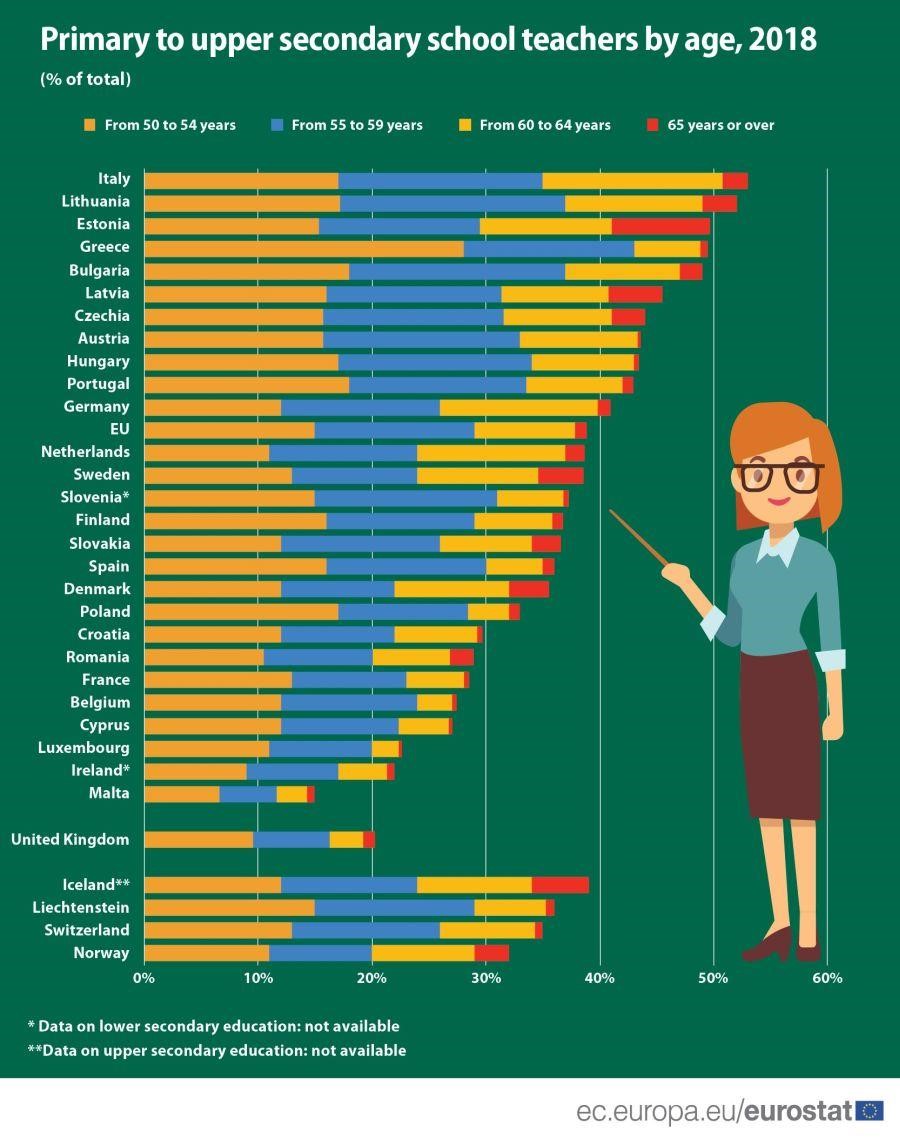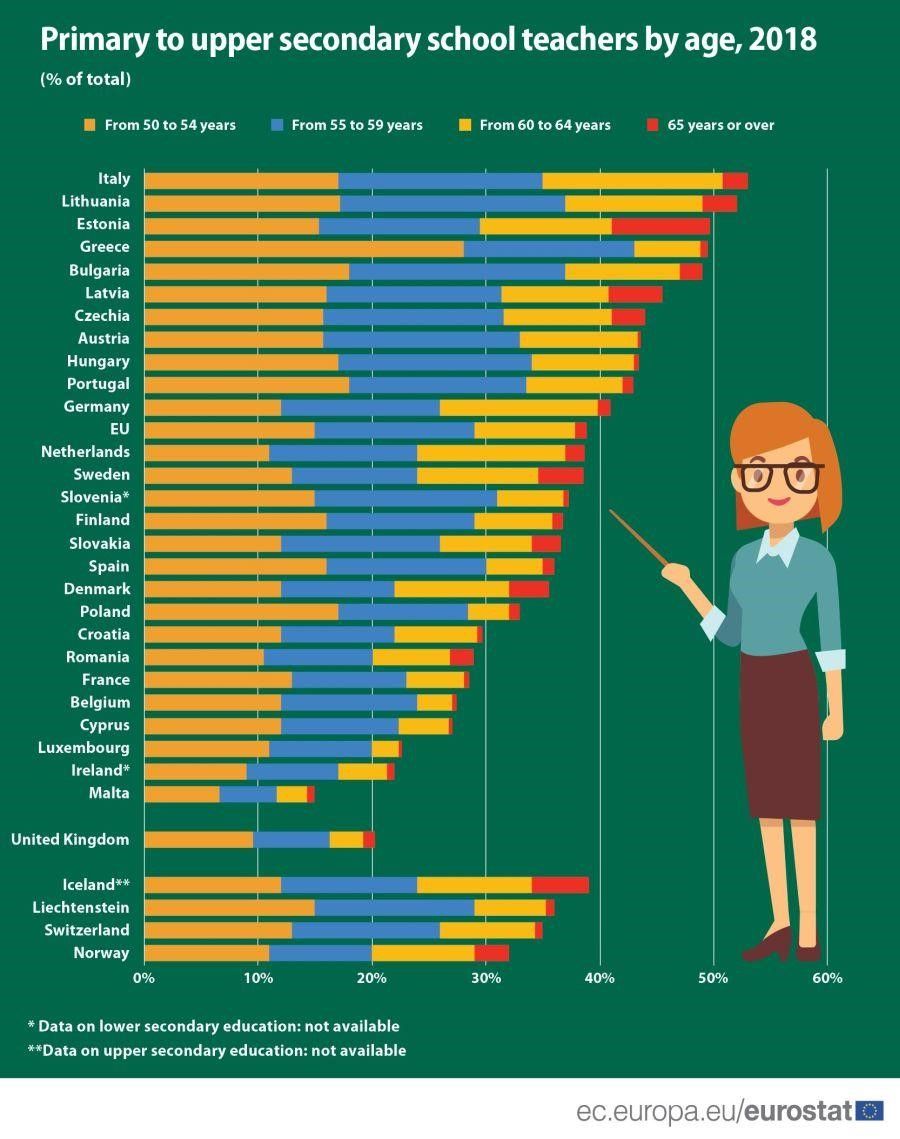
Mentoring in the Bulgarian schools
Written by adminLearnGen on . Posted in news.
Mentoring in the Bulgarian schools
Almost 20% of all Bulgarian teachers are aged 50- 54, as many are aged 55 to 59. Near 10% is the share of the teachers aged 60 to 64, and about 3% are teachers over 65. Thus, almost a half of the Bulgarian teachers are close to or over the retirement age.
The need for young teachers in the Bulgarian education sector has long been identified. This is one of the reasons why intergenerational mentoring is been applying very actively in this sector.
All university students of pedagogical departments pass compulsory internship at school, where they are guided by experienced, usually older, teachers. After graduating, young teachers continue to be mentored by experienced teachers.
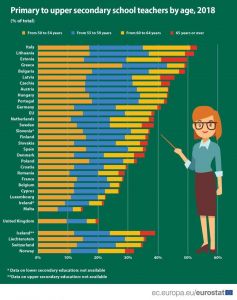
There are obvious benefits from mentoring at schools for all stakeholders – for both adults and young professionals, but also for the school administration.
Young teachers obtain knowledge and develop their practical skills. Guided by experienced mentors, they design their own professional careers and learn to have effective communication with school students. On the other hand, the mentors develop their own professional skills by communicating with their younger colleagues.
In the digital world the mentoring process also takes the opposite direction. The younger teachers, being savvy in technologies, often become mentors for their older colleagues. They guide them how to digitalize the educational content, offering at the same time new approach to the school topics.
Indisputable are also the benefits for the school administration. The mentoring process increase the culture and professional level of the pedagogical staff, the interrelations in the school improve. As a result – better educational quality.
More about the mentoring in the teachers’ profession you can read in the annual scientific-theoretical journal “Pedagogical News” of the Ruse University – http://pedagogicnews.uni-ruse.bg.
Authors: BRCCI, Bulgaria
August 2021

